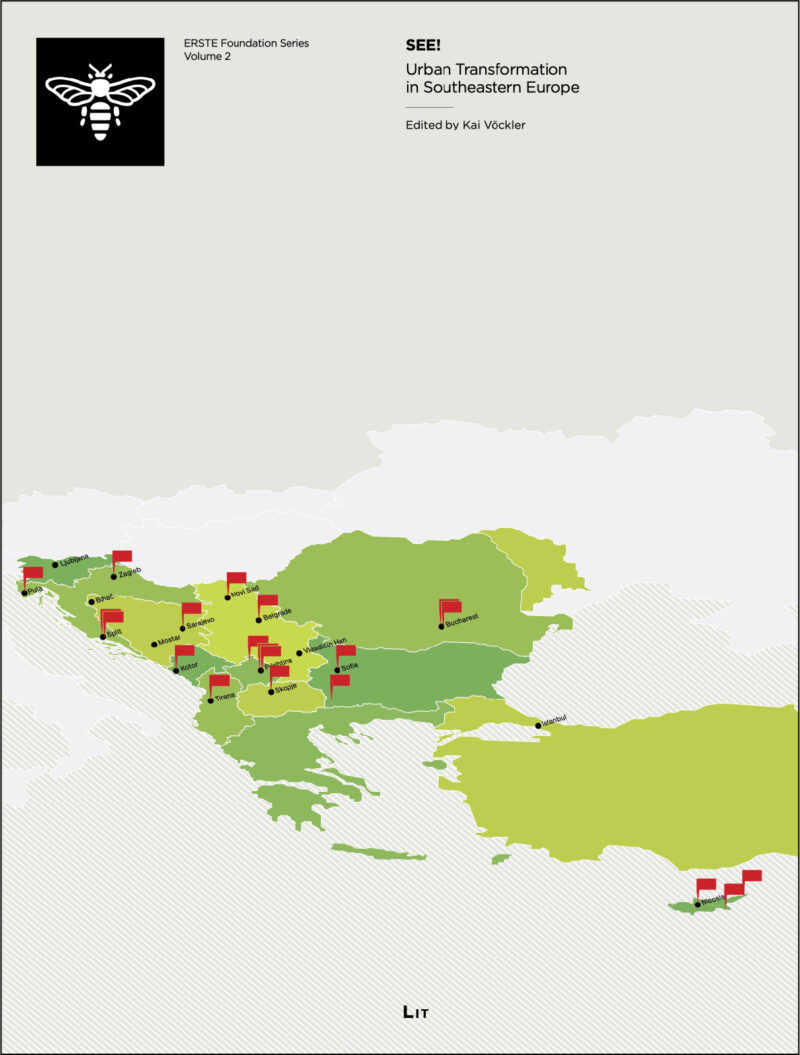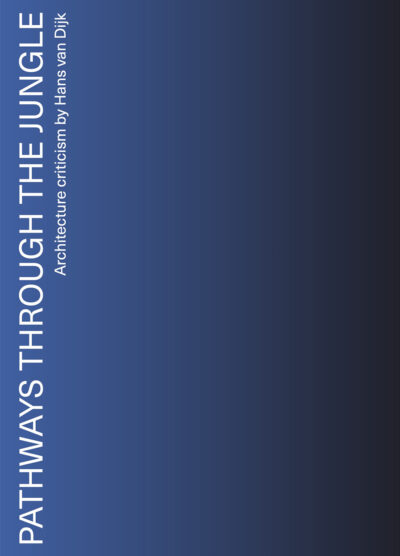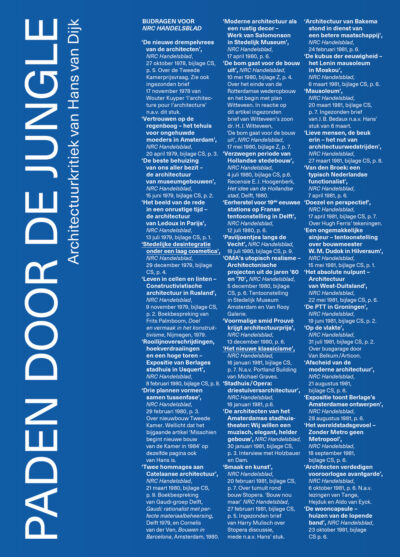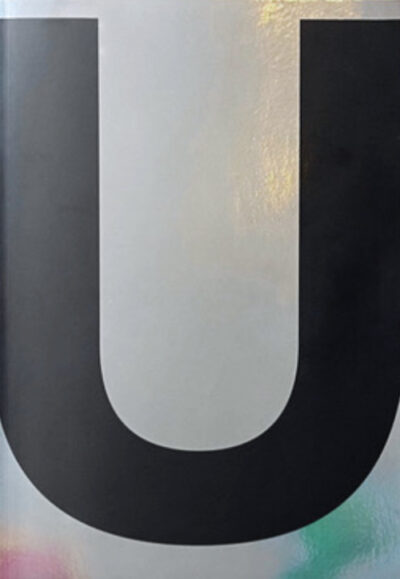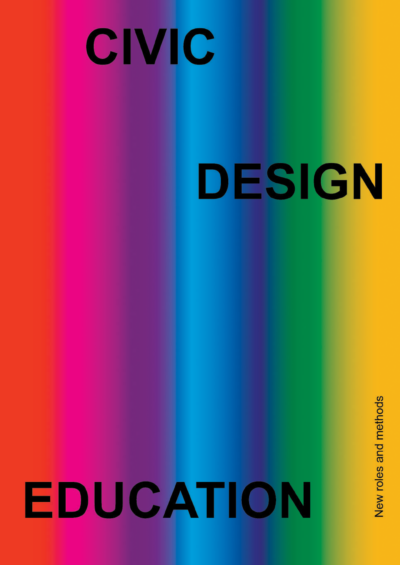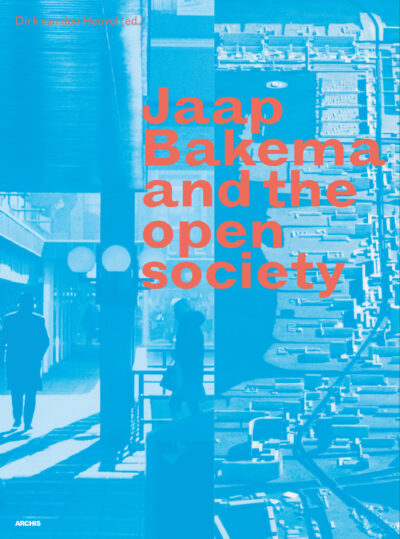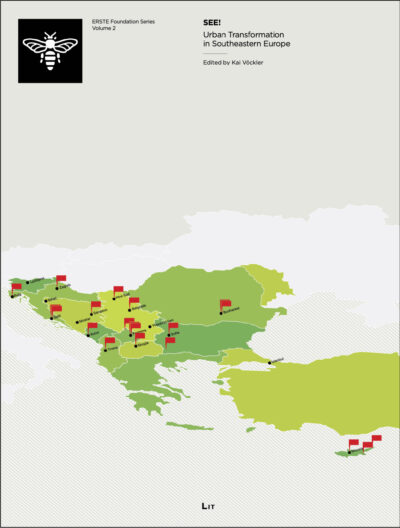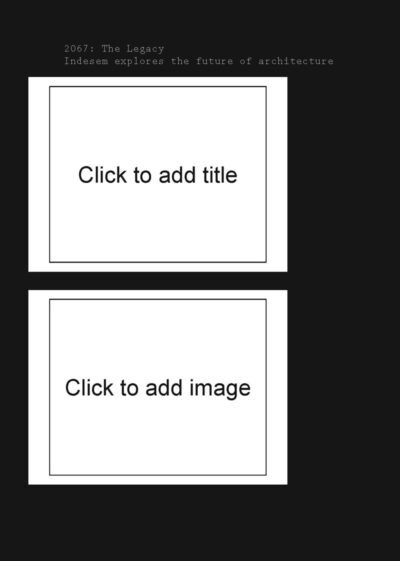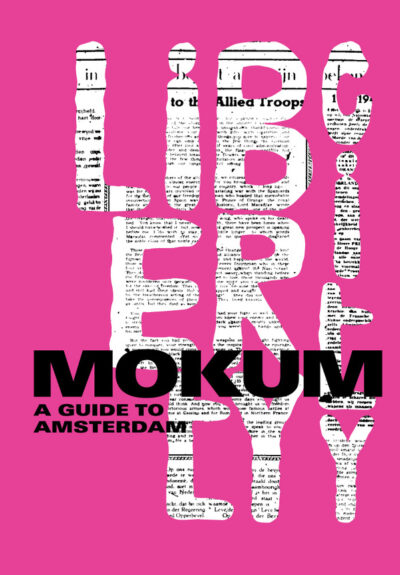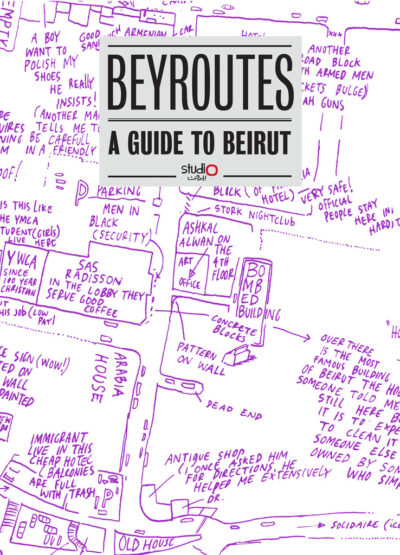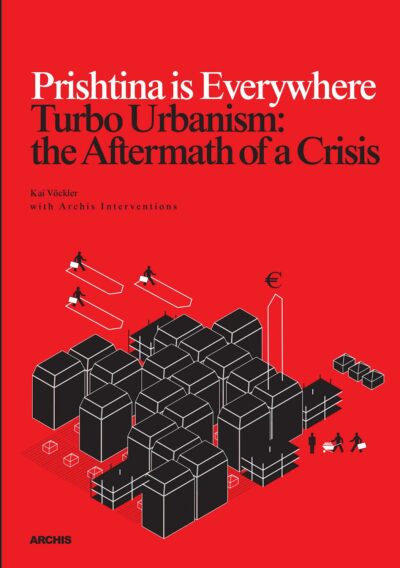SEE Urban Transformation in Southeastern Europe. ERSTE Foundation Series Volume 2
September 2012
Can we, by drawing on the experience of different independent initiatives and associations in Southeastern Europe, draft and collate typical development and qualification strategies for periods of urban transformation and post-conflict situations, and apply them to similar urban situations elsewhere? The publication presents different approaches to this topic and answers the question with yes! The publication on the Archis SEE Network specifically presents contributions from groups throughout the region and looks forward to enhancing debate and action, with both local and international impact. In cooperation with local initiatives launched by architects, planners, artists, urbanists, sociologists and other professionals engaged in the process of improving various political and social dimensions of the urban environment, Archis Interventions has established a network in Southeastern Europe. The network fosters the exchange of knowledge and best practices in order to integrate the issues discussed in international discourse on urbanism, and to support local initiatives.
ERSTE Foundation supports social participation and civil-society engagement on different levels. A key aspect of contemporary social interaction is illustrated in the respective urban environment that each society offers to its members. Today the term “urban” represents a cosmos of extremely varied notions determined by geographical, cultural and strong individual preferences. If we want to get a better understanding of what is urban today, we have to capture it in all its disguises, gradations and transformations occurring simultaneously on a larger scale. Therefore, from the very beginning of our work we decided to initiate strong and continuous cooperation with renowned local and international experts from the fields of architecture and urban development. They play a crucial role in creating new perspectives and potential solutions in a region that has been shaped by turbulent changes over the past twenty years.
The second volume from our ERSTE Foundation Series, edited by Kai Vöckler, demonstrates the many and often radically conflicting implications of urban development, which depend on various economic, social, geographic and cultural conditions. Over the last five years, ERSTE Foundation has supported different NGOs and experts who have dealt with these issues and reflected on them in their research and project work which is now presented here: the hyper-dense housing problems in post-conflict zones as a direct impact of turbo-urbanism trends which arise simultaneously with the informalisation of urban space; the hardware of socialist-era neighborhoods which becomes augmented by the software of new strategies and perspectives to improve harsh living conditions; the housing problems of Roma; and contemporary urban planning redefinitions of cities (such as Belgrade, Bucharest, Sofia, Skopje and others), which are seen as narratives of their difficult socio-economic development. The authors not only examined similarities and differences between various cities in Southeastern Europe, they also compared differing anthropological and social patterns in a historical context and the socialist legacies before and after 1989, offering potential solutions for the future. The impact of internal and external forces on the re-shaping of local environments and the paths of transformation over the last two decades demonstrated in this volume reflect the overall efforts within this region’s integration process to create a common European urban discourse.
Details
Digital PDF
English 203 pages, 2012
Free
Editor: Kai Vöckler
Design: Heimann und Schwantes, Berlin
Publisher: LIT Verlag GmbH & Co. KG Wien
ISBN: 3-643-90286-3
